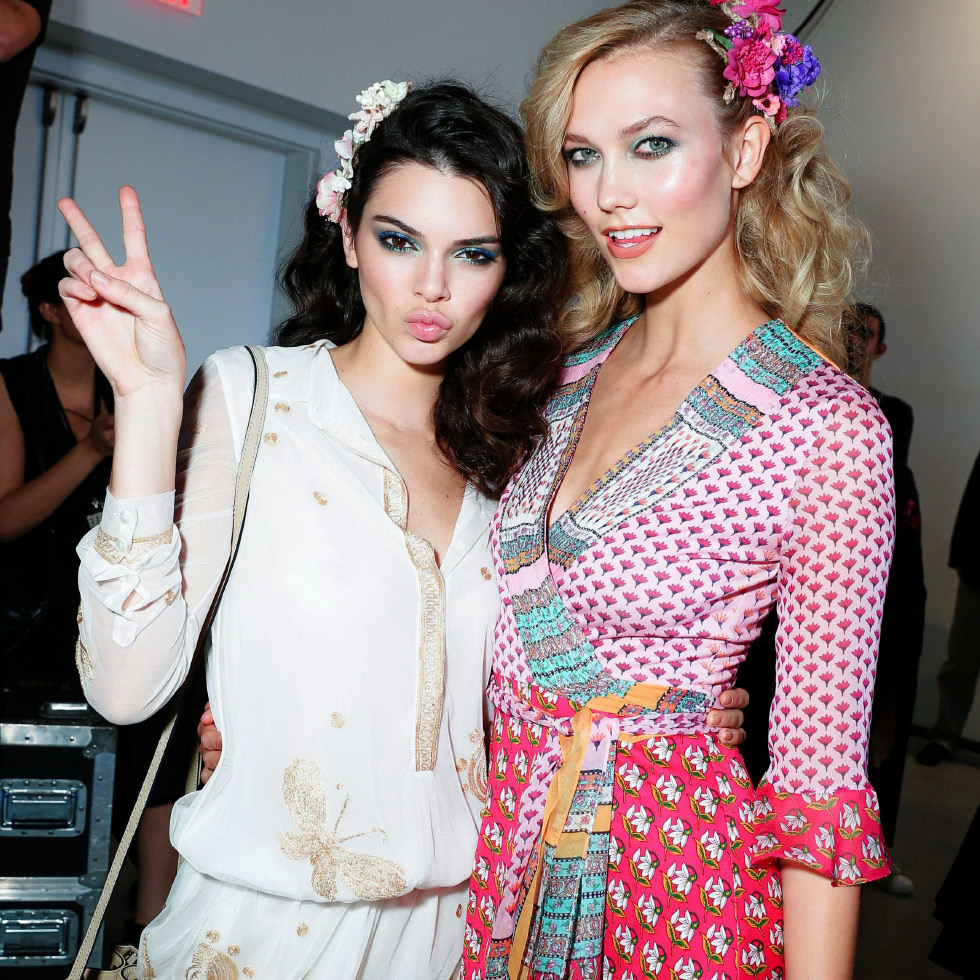It’s been used in perfumery for centuries and remains one of the most popular ingredients today. Here’s why you need a perfume that smells like roses in your wardrobe.
The story of rose perfume…
From ancient Greek goddesses to modern-day fashion designers Dolce & Gabbana, the rose has been a much-loved fragrance in perfumery for many centuries. It’s also an iconic symbol of beauty, romance and femininity, so no wonder we love it.
The rose flower is about 35 million years old and was thought to communicate romantic feelings through its beauty and smell. The Greeks, especially, loved their roses. They would cover petals on floors, over their feasts and in their baths. How romantic!
But what makes rose such a popular ingredient in perfumery? ‘It is easily identified, but at the same time an incredibly versatile note,’ explains The Perfume Shop’s fragrance expert, Michael Edwards. ‘It can be a rich and intense Damascene Rose or a fresh and light Tea Rose.’ You may not currently wear a rose-based perfume, but chances are you will soon, as it is set to be one of next season’s hottest fragrance notes. ‘When teamed with lush fruity notes or bright citrus notes, rose can take on a fresh lively effect,’ explains Michael.
From flower to fragrance…
Ever wondered how rose oil is made? Well, it all starts in countries like France, Turkey and Bulgaria, where roses are hand-picked before sunrise. The essential oil is then extracted using solvents or steam. OK, so that is a very edited version of the production of rose oil, which is, in fact, very lengthy and labour-intensive, but at least it gives you the idea!
3 things you need to know about rose…
- It will take you on a trip down memory lane
What do you think of when you smell a rose? ‘Nostalgia is what we most associate with rose,’ says Michael. ‘For most of us have experienced it early in our lives – in the garden, in a fragrance a mother or grandmother wore, or in the many skincare and make-up products it features in.’
- Different rose oils impart very different notes
‘The traditional rose is a blend of floral petal-like notes, sometimes a touch of fresh stem greenness and often a warm woody or balsamic foundation. It can have vanilla nuances or citrus highlights.’
- The future of rose perfumes
According to Michael, we will start to see rose starring alongside woody notes such as oud or sandalwood, which will amplify its rich notes. ‘For a fresher, more summery interpretation, it works very well with fruity notes such as juicy raspberry or the dry green fruity notes from cassis (blackcurrant buds).’
So if you’re looking for a new scent this spring, rose is for you. Try Marc Jacobs Daisy Dream Blush for a hint of rose among violet, freesia and waterlily. Or for a more intense scent, you’ll love Armani Si Rose Signature’s cocktail of rose with blackcurrant liqueur, vanilla and patchouli. Whatever you do, make sure rose is on your list for your next shopping spree.











